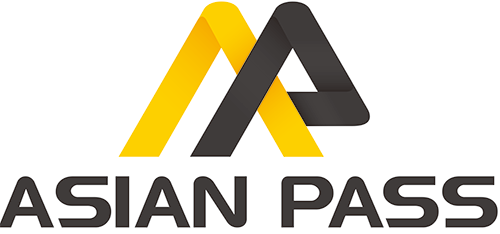
Do e-invoices need to be signed by buyers and sellers?
– Format of electronic invoices
As for the format of the e-invoice, it will be divided into 2 parts as follows: The part containing the business data of the e-invoice; The part that contains the digital signature data.
As for the electronic invoices that contain the tax authority’s code. In this case, an additional component containing important data is required. These data are all relevant to the tax authorities.
– Regulations on content of e-invoices
An e-invoice must contain the following contents:
- Information about the seller’s name, address and tax identification number
- Information about the buyer’s name, address and tax identification number
- Information related to sold items such as unit, price, quantity
- Total amount to be paid to the buyer
- Digital signature and electronic signature of the seller
- Digital signature and electronic signature of the seller
- Time of e-invoicing
- Regulations on digital and electronic signatures of the seller and the buyer
Regulations on digital and electronic signatures of sellers and buyers
- If the seller is a business or an organization. The seller’s digital signature on the invoice must be the digital signature of the business and the organization.
- For the case where the purchaser is a business establishment. The buyer and the seller have agreed in advance that the buyer meets the conditions for digital signatures. So the buyer will digitally and electronically sign the invoice.
Principles of electronic invoices in Circular 32/2011/TT-BTC
The principles of e-invoices are specified in Circular 32/2011/TT-BTC dated 11/14/2011. The specific provisions are as follows:
Sellers will be allowed to convert e-invoices into paper invoices. This action is used to demonstrate the provenance of a business’ tangible items. These items are in circulation and can only be converted once.
For electronic invoices, it will be converted to paper invoices to prove the origin of goods. However, the selling side needs to pay attention to meet all the regulations mentioned in Clauses 2, 3, 4 of this Article. And besides, the invoice also requires the signature of the legal representative. Specifically the signature of the seller and the stamp of the seller.
Conditions for converting e-invoices to paper invoices
To convert from e-invoices to paper invoices, the following conditions must be met:
Fully reflect the contents of the original e-invoice
The guarantee invoice has its own symbol and confirms that it has been converted from an e-invoice to a paper invoice.
The invoice must have signatures and full names of those who have previously converted phone bills to paper invoices.
Phone invoices when converted to paper invoices need to be stamped by the seller
For both buyers and sellers, both objects have the right to convert from e-invoices to paper invoices. This is done to serve the work of storing accounting vouchers in the enterprise in accordance with regulations.
So in the case that the enterprise has met all the conditions for converting e-invoices into paper invoices. Meeting the provisions of Clauses 2, 3, 4 of Article 12, Circular 32/2011/TT-BTC. The e-invoice system can allow users to fully control the conversion of e-invoices into paper invoices. And it is mandatory that the e-invoice when converted to a paper invoice must have the seller’s stamp.
PHAM CONSULT is a unit specializing in providing tax consulting services, financial consulting, accounting services, preparing and paying salaries. Customers can contact us via hotline: (84-28) 3930 2487 or Facebook communication channel: http://bit.ly/phamconsult if you need support.




 VI
VI